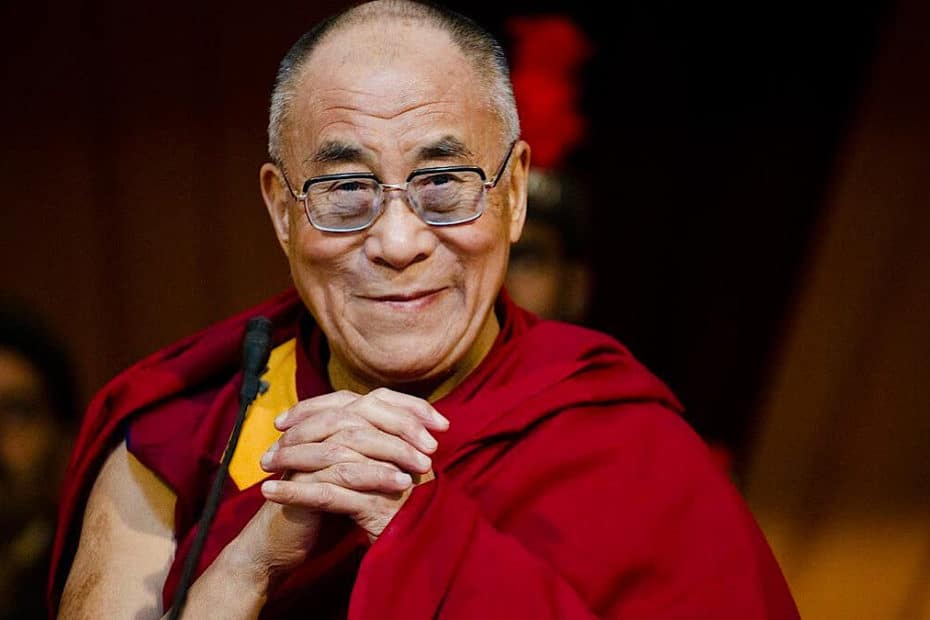Dalai Lama Quote on Remembering A Person After They Pass
“The best way to keep a memory of a person [who has passed away], the best remembrance, is to see if you can carry on the wishes of that person.”
Dalai Lama, The Art of Happiness
Beyond the Quote (144/365)
I would go one step further and say that the best remembrance is, not just to carry on the wishes of the person who passed, but to embody the best of who that person was. Wishes come from a place of deep and personal desire—they are goals derived from a person’s unique characteristic makeup. Who a person is isn’t a reflection of these wishes—their thoughts—but rather is a reflection of the actions they took throughout their life. Wishes are inside a person’s mind, character is reflected in the actions of their body. We can only interpret and truthfully judge the latter.
Read More »Dalai Lama Quote on Remembering A Person After They Pass

![A Meditation on Anger from the Dalai Lama [Excerpt]](https://movemequotes.com/wp-content/uploads/2016/09/Dalai-Lama-930x620.jpeg)